For young children, playing with simple wooden blocks or Lego bricks might seem like just another fun activity. However, block play has an immense impact on child development and lays the foundation for future learning. As children build, create, and knock down structures, they hone skills across multiple domains.
Fine Motor Skills
Grasping, stacking, and maneuvering blocks develops fine motor control. Building with smaller blocks or connecting Lego bricks takes precision and coordination. Using different types of blocks like ramps and wheels promotes dexterity and manipulation. Block play strengthens hand and finger muscles, preparing children for activities like writing.
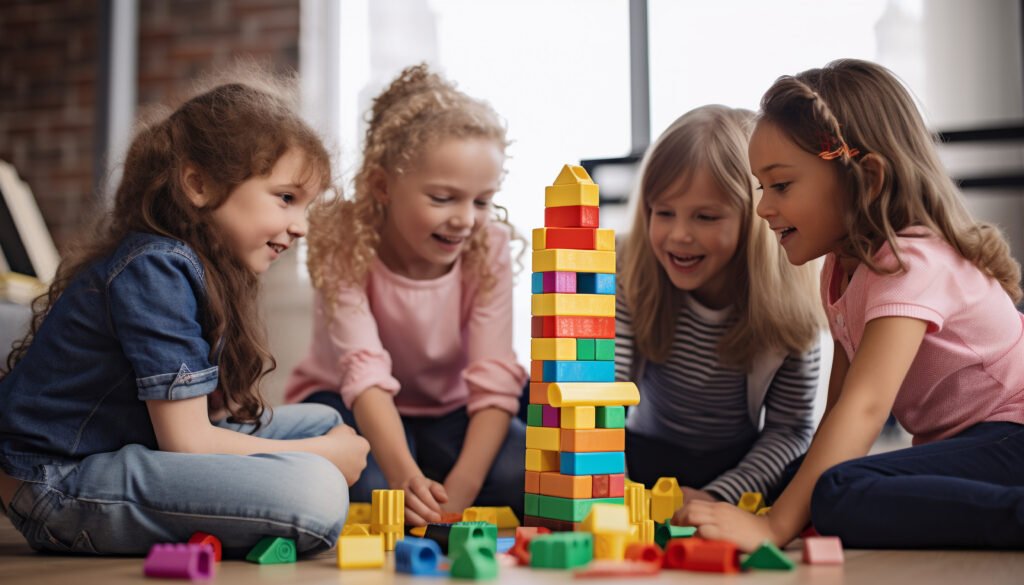
Spatial Reasoning
Visualizing and constructing three-dimensional structures boosts spatial reasoning abilities. Children must plan ahead, problem-solve, and consider shape, size, and balance. Recognizing patterns and sequences also occurs through block play. Spatial skills in the preschool years correlate strongly with achievement in math and science later on.
Mathematics
Fundamental math concepts emerge through block play. Children learn about shape recognition, symmetry, geometry, and fractions by observing and manipulating blocks. Comparing block sizes introduces ideas about volume and measurement. Counting blocks, windows, doors, and other structures promotes early numeracy.
Creativity and Imagination
Open-ended block play lets children experiment widely, expressing their own unique ideas. They invent imaginative worlds and scenarios, developing storytelling abilities. Unstructured block play gives free rein to creativity and self-expression without prescribed outcomes. This promotes divergent thinking and flexibility key to innovation.
Collaboration and Problem-Solving
Sharing blocks and working together on structures develops social, communication, and collaboration abilities. Negotiating plans and troubleshooting problems requires analysis, critical thinking, and cooperation. Block play teaches children to resolve disputes, consider perspectives, and become resilient in the face of challenges.
Self-Esteem and Resilience
As children build elaborate structures, they gain a sense of mastery and empowerment. Finishing a challenging block construction boosts confidence and self-esteem. When those towers eventually tumble, children also learn to cope with frustration and try again—building resilience.
Conclusion
The benefits of guided block play are immense for preschoolers. Simple blocks provide a classroom for foundational math, engineering, social skills, creativity, and problem-solving—key ingredients for future academic and life success.
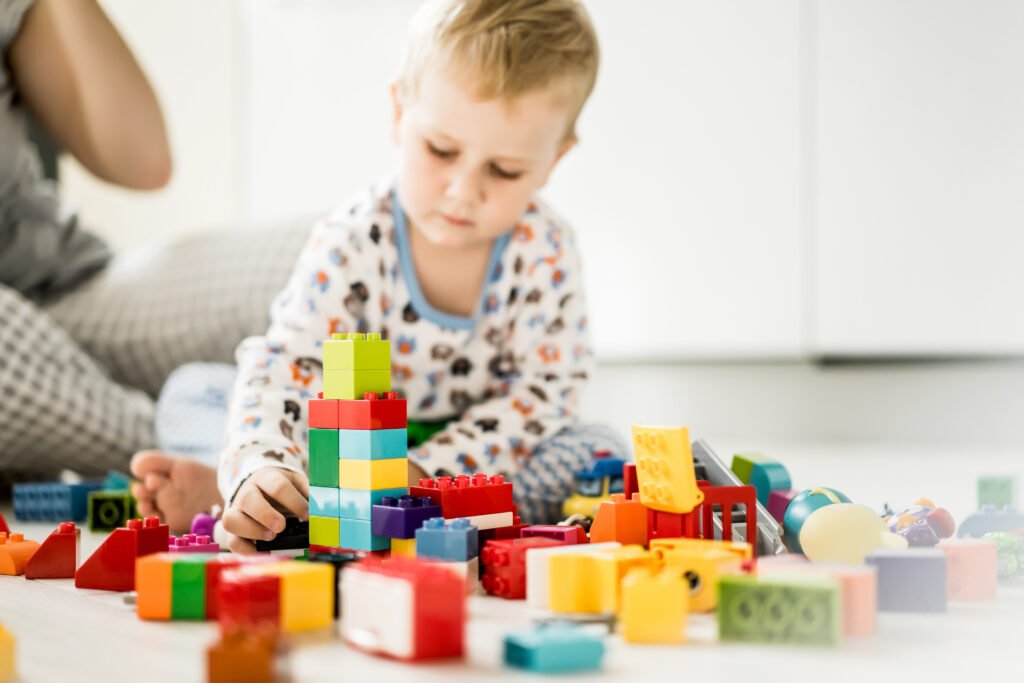
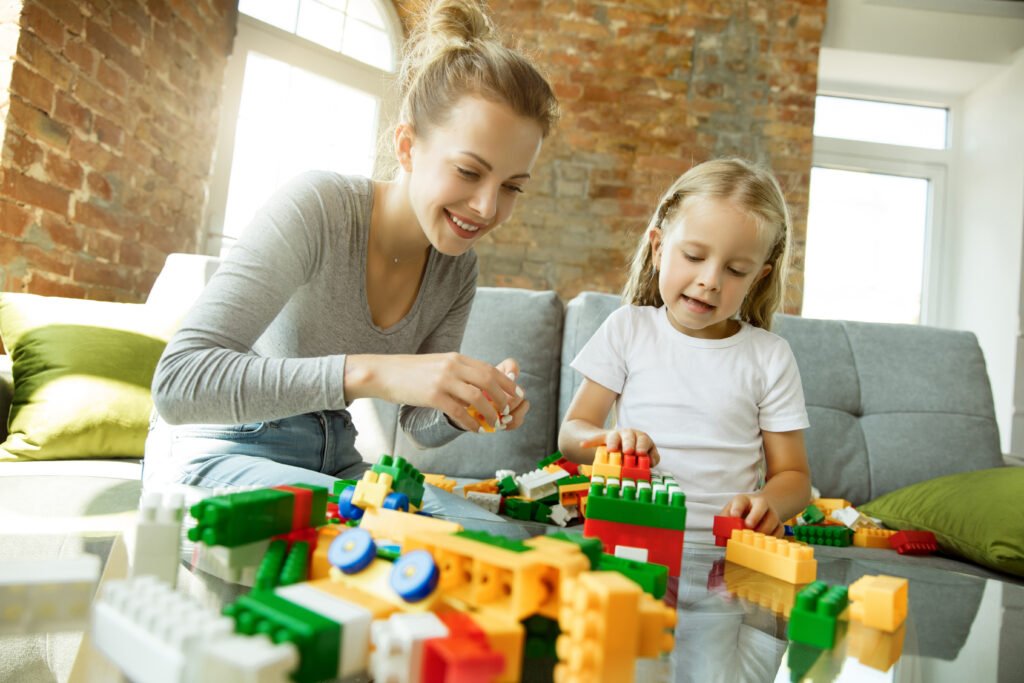
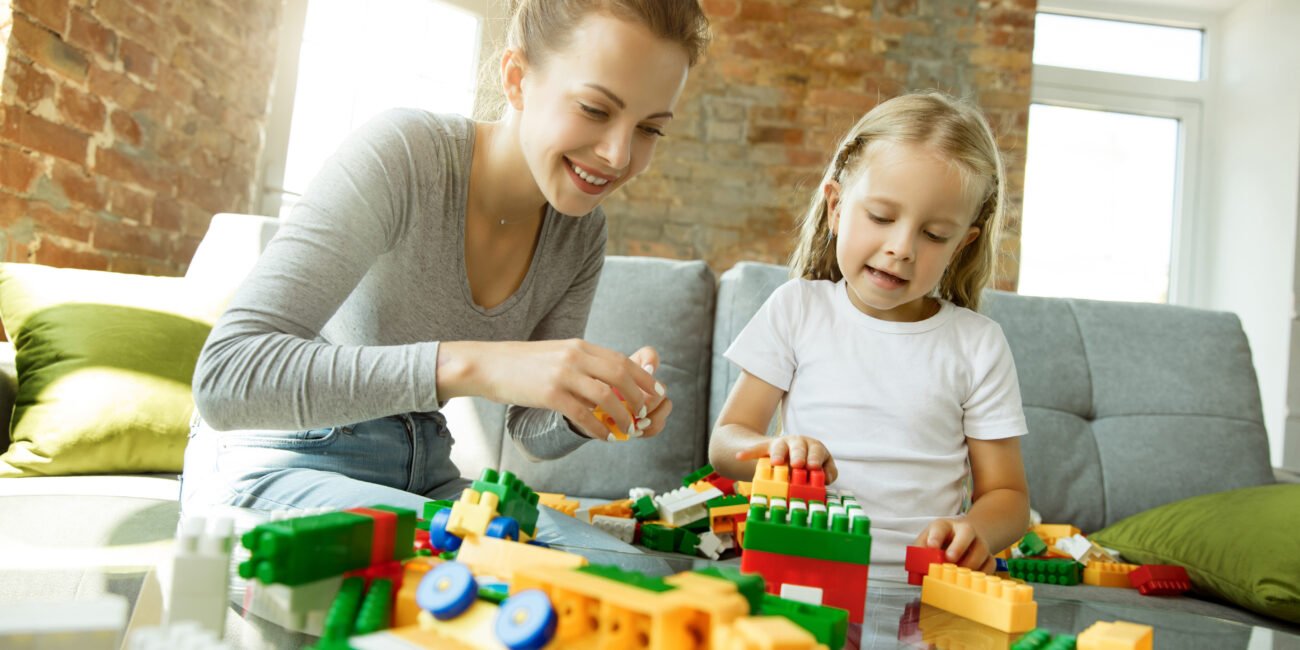

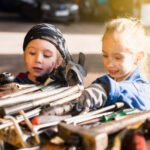
No Comment! Be the first one.